Embracing Carbohydrates
Why Keto Might Not Be the Right Fit for Everyone
In the ever-evolving landscape of diet trends, one approach has gained substantial traction: the ketogenic diet, or keto for short. It's hailed for its potential to induce rapid weight loss and improve certain health markers. However, amidst the hype for high-fat, low-carb eating, the role of carbohydrates often gets sidelined. Let's delve into why carbohydrates are essential for a balanced diet and why an elimination diet like keto may not be suitable for everyone.
The role of Carbohydrates: Fuel for the Body and Brain
Carbohydrates are often misunderstood and unfairly demonized in some diet circles. Yet, they serve as the body's primary energy source, fuelling everything from basic bodily functions to high-intensity workouts. Glucose, derived from carbohydrates, powers our brain, muscles, and vital organs. Without an adequate intake of carbohydrates, our energy levels can plummet, leading to fatigue, brain fog, and compromised physical performance.
Moreover, carbohydrates come in various forms, each offering unique benefits. Whole grains, fruits, vegetables, and legumes are rich in fibre, vitamins and minerals. Fibre, in particular, supports digestive health, regulates blood sugar levels, and promotes satiety, aiding in weight management and reducing the risk of chronic diseases like heart disease and type 2 diabetes.
Why Keto Might Not Be the Answer for Everyone
While the ketogenic diet has garnered praise for its effectiveness in weight loss and certain health conditions like epilepsy, it's not a one-size-fits-all solution. Here are some reasons why the keto diet might not be suitable for everyone:
- Nutritional Imbalance: Keto severely restricts carbohydrate intake while promoting high fat consumption. This can lead to an imbalance in macronutrients, potentially depriving the body of essential vitamins, minerals, and antioxidants found abundantly in carbohydrate-rich foods.
- Difficulty Sustaining: The restrictive nature of the keto diet makes it challenging for many individuals to adhere to long-term. Social situations, dining out, and even family meals can become sources of stress and temptation, leading to feelings of deprivation and ultimately, diet abandonment and binge eating.
- Potential Health Risks: While short-term studies suggest benefits, the long-term effects of sustained ketogenic dieting remain uncertain. High intake of saturated fats, common in keto-friendly foods like butter, bacon and sausages may increase the risk of heart disease and other health complications over time.
- Lack of Individualization: Every person's nutritional needs and metabolic responses vary. What works wonders for one individual may prove detrimental to another. Adopting a rigid, one-size-fits-all approach like keto overlooks this crucial aspect of dietary customization.
- Impact on Physical Performance: Carbohydrates play a pivotal role in supporting athletic performance, particularly during high-intensity exercises. Endurance athletes, in particular, may struggle to meet their energy demands on a low-carb diet, leading to decreased performance and recovery.
Having Balance
Rather than demonizing entire food groups, a balanced approach to nutrition emphasizes variety, moderation, and individualization. Carbohydrates, when sourced from wholesome, nutrient-dense foods, form a crucial component of a healthy diet. Incorporating whole grains, fruits, vegetables, and legumes provides a wealth of essential nutrients while promoting satiety and overall well-being.
Instead of chasing quick fixes or succumbing to dietary extremes, focus on forming a sustainable eating pattern that nourishes your body. Consult with a qualified health profession to develop a personalised nutrition plan that aligns with your goals, preferences, and lifestyle.
In conclusion, while the ketogenic diet may offer short-term benefits for some individuals, its restrictive nature and potential health risks warrant careful consideration. Embracing carbohydrates as part of a balanced diet not only fuels our bodies and minds but also promotes long-term health and vitality.
Sean Young
Workers Compensation Specialist ‑ Team Leader East (AEP, ESSAM)
Exercise Rehabilitation Services – WA




